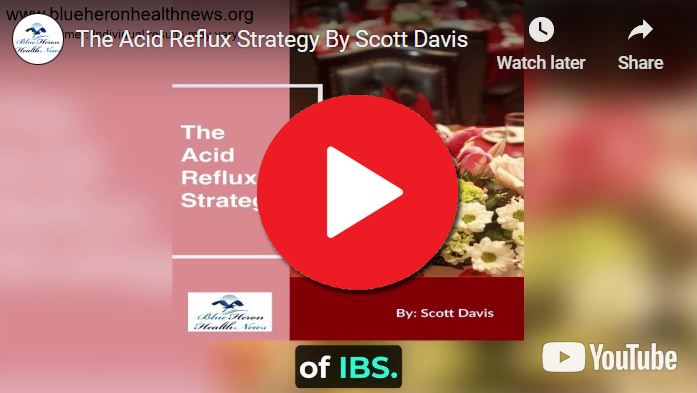
Acid reflux disease, also known as gastroesophageal reflux disease (GERD), occurs when the acid from the stomach flows back into the esophagus. The primary cause of GERD is a weakened or dysfunctional lower esophageal sphincter (LES). The LES is a ring of muscle located at the bottom of the esophagus that acts as a valve, preventing stomach acid from flowing upward into the esophagus.
Several factors can contribute to the development of acid reflux disease:
- Weakness of the LES: If the LES is weakened, it may not close properly, allowing stomach acid to reflux into the esophagus. This can be caused by various factors such as genetics, obesity, and certain medications.
- Hiatal hernia: A hiatal hernia occurs when a portion of the stomach pushes through the diaphragm into the chest cavity. This can disrupt the normal functioning of the LES, leading to acid reflux.
- Diet and lifestyle factors: Certain foods and behaviors can trigger or worsen acid reflux symptoms. These include consuming fatty or fried foods, spicy foods, citrus fruits, tomatoes, chocolate, caffeine, alcohol, and carbonated beverages. Overeating, eating close to bedtime, and lying down immediately after a meal can also contribute to acid reflux.
- Pregnancy: Hormonal changes during pregnancy can relax the LES, making pregnant women more prone to acid reflux.
- Obesity: Excess weight and abdominal fat can increase pressure on the stomach, pushing acid back into the esophagus.
- Smoking: Smoking weakens the LES and reduces saliva production, which plays a role in neutralizing stomach acid. This increases the risk of acid reflux.
- Certain medical conditions: Conditions such as gastroparesis (delayed emptying of the stomach), scleroderma (a connective tissue disorder), and certain respiratory disorders can contribute to acid reflux.
It’s important to note that while these factors can increase the risk of developing acid reflux disease, not everyone with these risk factors will necessarily develop the condition. If you suspect you have acid reflux disease or are experiencing persistent symptoms, it’s best to consult a healthcare professional for an accurate diagnosis and appropriate treatment.
See More on Video

The Acid Reflux The Acid Reflux By Scott Davis Solution. a complete program that includes a lot of effective and natural tips, food lists, home remedies, and habits one should adopt to get rid of the symptoms of acid reflux and other related problems and their symptoms so that you treat them safely and naturally by following it.